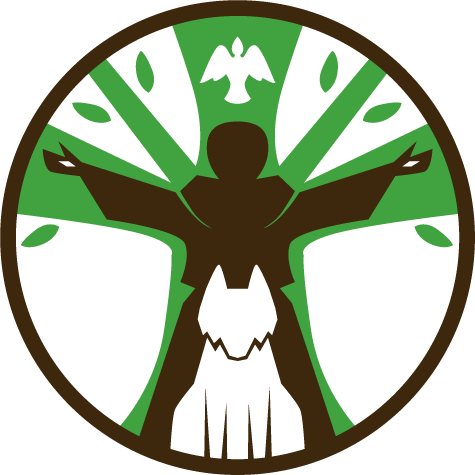Amy and Sacramental Life
Sacramental Life
The sacraments. Baptism. Eucharist. Jesus himself commanded us to “do these things,” Scripture tells us. Keeping and celebrating Baptism and Eucharist are in many ways what it means to be a follower of Jesus.
Sacraments are outward and visible signs of an inward and spiritual grace, given by Christ as sure and certain means by which we receive that grace. (Book of Common Prayer, 857)
The outward and visible sign in baptism is water. In it we are buried with Christ in his death. By it we share in his resurrection. Through it we are reborn by the Holy Spirit. (BCP, 306)
The outward and visible sign in the Eucharist is bread and wine, given and received according to Christ’s command. (BCP 859)
The other sacraments recognized in the Episcopal tradition - confirmation, ordination, holy matrimony, reconciliation of a penitent and unction of the sick – also have outward and visible signs: laying on of hands, anointing with oil, the presence of the priest at the bedside of someone who is sick or alongside someone making confession.
So what are we to do as Christians when health and safety protocols prevent us from sharing water, eating together, touching one another, even being in one another’s presence? Are the sacraments simply not available to us?
Globally, in this time of pandemic, we are being invited to see our whole lives sacramentally. God does not limit himself to the sacraments, the church teaches. The sacraments are but patterns of countless ways by which God uses material things to reach out to us. (BCP 861)
God is reaching out to us in countless ways, day in, day out, no matter what is happening.
What are the ways God is reaching out to you now? How is God using your life, your daily life, your experiences, your relationships, your emotions to communicate God’s abundant love and grace?
Peace,
Amy

